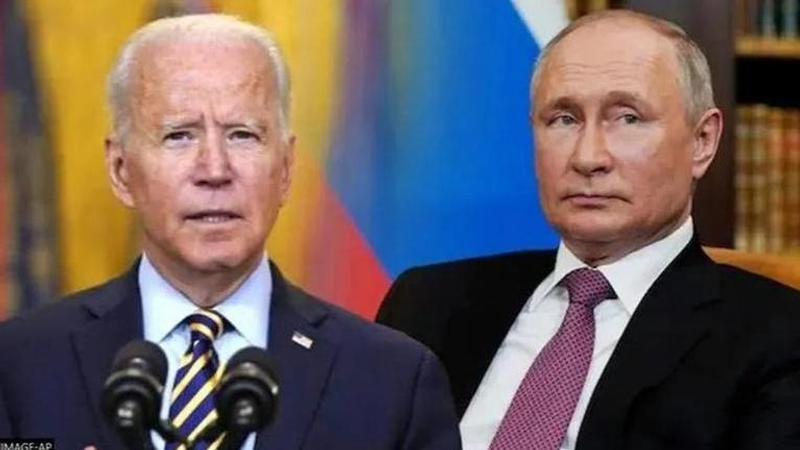Published 20:40 IST, December 19th 2022
Russia, US on brink of direct clash due to its 'dangerous, short-sighted' policies: Moscow
Russia's foreign ministry spokesperson Maria Zakharova has said that Washigton's dangerous policies are putting US and Russia on the path of a direct clash.

Advertisement
Russia's foreign ministry spokesperson Maria Zakharova has said that Washington's dangerous policies are putting US and Russia on the path of a direct clash. She was responding to US State Department Spokesman Ned Price's comment that Russia was responsible for the deterioration in US-Russia bilateral relations. "After the high-profile fiasco in Afghanistan, America is increasingly drawn into a new conflict, not only supporting the neo-Nazi regime in Kiev financially and with weapons, but also increasing its military presence on the ground," Zakharova said, as per a report from Russia's TASS.
She said that the US' current policy is short-sighted, which refuses to take into account Russia's genuine security concerns. Whilst US blames Russia for the Russia-Ukraine war, Moscow blamed US' policy of NATO expansion for the Russia-Ukraine war. Zakharova further stated that Russia wants to de-escalate the conflict. The tensions between Russia and the US are now at the highest point they have ever been, since the end of the Cold War.
Factors that contributed to friction between US and Russia
Multiple factors and incidents have contributed to the high amount of tension between the US and Russia. Some of these factors are listed here:
The expansion of NATO: After the breakup of the Soviet Union, the United States and its NATO allies expanded the alliance to include many former Soviet-bloc countries in Eastern Europe. Russia has viewed this expansion as a threat to its security, and it has consistently opposed the inclusion of these countries in the alliance.
The wars in Chechnya: The wars in Chechnya, which took place between 1994 and 2009, were a source of tension between the United States and Russia. The United States criticised Russia's handling of the conflict, while Russia accused Washington of supporting Chechen separatists.
The conflict in Ukraine: The conflict in Ukraine, which began in 2014 and has now turned into a full fledged war, has been a major source of tension between the United States and Russia.
Cyberattacks: Both the United States and Russia have been accused of engaging in cyberattacks against each other. In 2018, the United States indicted a group of Russian hackers for interference in the 2016 US presidential election.
Disagreements over arms control: The United States and Russia have also had disagreements over arms control, including the Intermediate-Range Nuclear Forces Treaty (INF Treaty) and the New START Treaty. The United States has accused Russia of violating the INF Treaty, while Russia has accused the US of violating the New START Treaty.
Differences over Syria: Moscow and Washington have also had differences over the conflict in Syria, with the United States supporting opposition forces and Russia supporting the Assad regime.
Differences over Iran: The United States and Russia have also had differences over the nuclear deal with Iran, with Washinton withdrawing from the agreement and reimposing sanctions on Iran, while Russia has continued to support the deal.
20:40 IST, December 19th 2022




